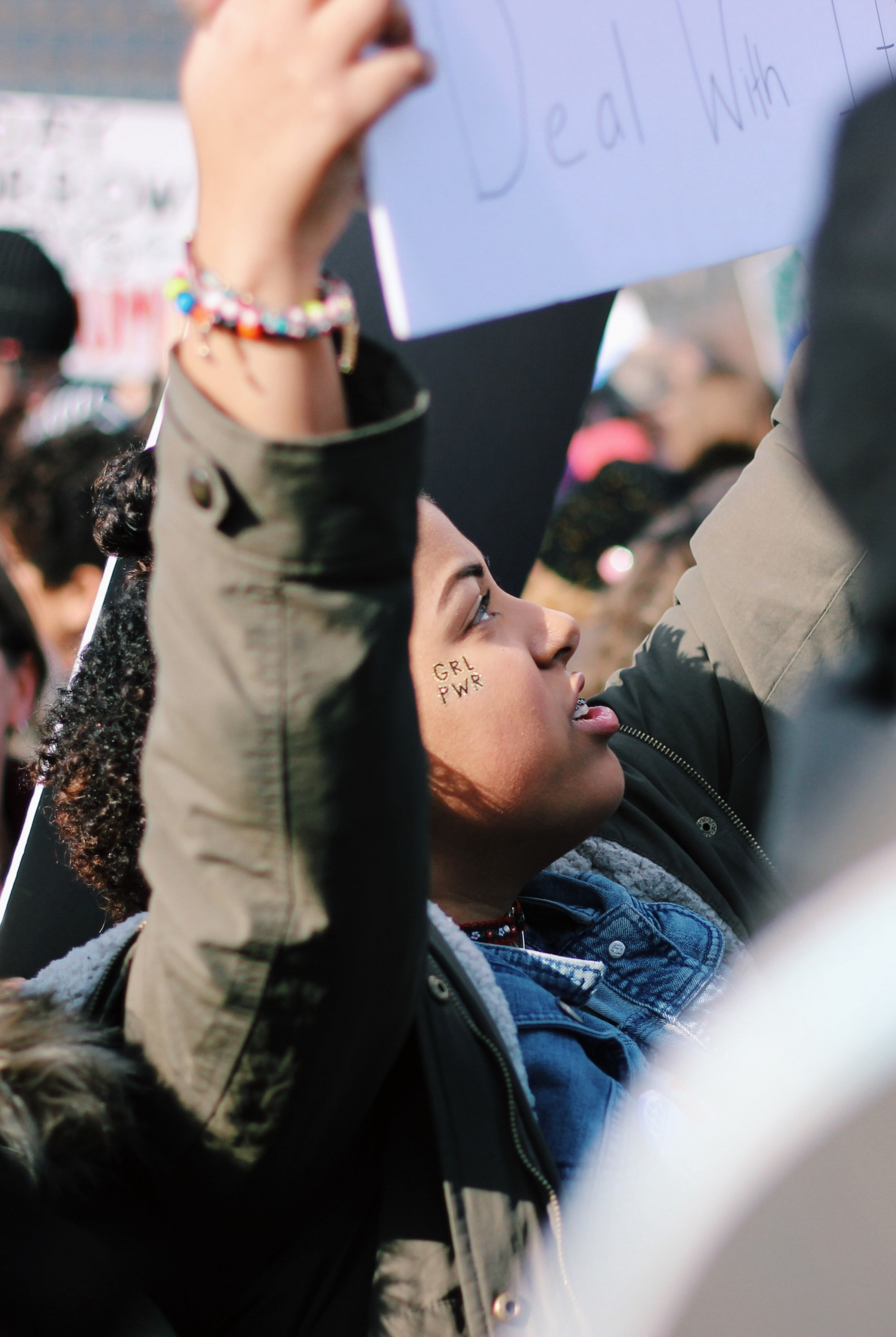“We live in the city of men. Our public spaces are not designed for female bodies. There is little consideration for women as mothers, workers, or carers. The urban streets often are a place of threats rather than community. Gentrification has made the everyday lives of women even more difficult. What would a metropolis for working women look like?“
This is the central question of urban geographer Leslie Kern’s 2020 book Feminist City. These challenges that women face in cities are under discussion at UCLG’s World Congress. UCLG Women has led a strong Feminist Municipal Movement which is prominent at the Congress. In events such as the Feminism Caucus on Tuesday 11 October and Thursday 13 October, and the event “Putting Care and the Sustainability of Life at the Center of Policy and Action,” the movement discusses building the constituency’s political aims, in addition to supporting women’s leadership and mechanisms for ensuring gender equality.
The Feminist Municipal Movement underscores the importance of examining all local and regional government issues through a gender equality lens. After all, feminism is about ensuring that all genders have equal rights and opportunities, making it a crucial part of the agenda.
In policy and action for sustainable cities, women often take a leading role. Inspiring mayors such as Anne Hidalgo (Paris), Ada Colau (Barcelona), or Claudia López (Bogotá) prove that female-led cities are particularly successful in transitioning towards sustainability. At the UCLG World Congress, a documentary that will be shown on Friday 14 October in DCC1 showcases the caring system in Bogotá, to inspire people-centered policies guided by the values of the Feminist Municipal Movement. Each day, a podcast titled “Feminist Cities & Territories” will be available to all participants in the DCC1 Networking Hub.
On Wednesday, events such as “Inform Women, Transform Lives: Cities Advancing Gender Equity and Empowerment through Information” by the Carter Center advance approaches to the equitable delivery of public services. Inspiring examples demonstrate how a greater political representation is possible and how local governments can reach women with meaningful information.
In addition, the International Observatory on Violence Against Women — together with Seine-Saint-Denis and the UCLG Committee on Social Inclusion, Participatory Democracy, and Human Rights — addressed violence against women in their event. Often, this topic is addressed only at the national and civil society levels. But local and regional governments are key actors when it comes to implementing innovative public policies to ensure female victims’ protection, full recovery, and empowerment. Cities that work for everyone are equitable, safe, and sustainable. This principle allows cities to develop caring societies; communities that care for and protect each other, and inclusive and well-designed services for residents such as mobility and transport. They also address the future of work and caregiving and have a clear plan on how to implement gender equality, social justice, and inclusion.

